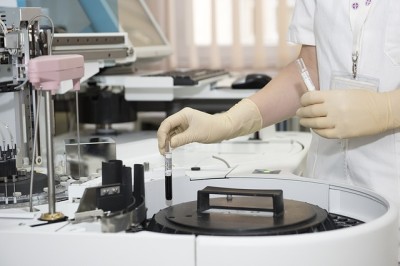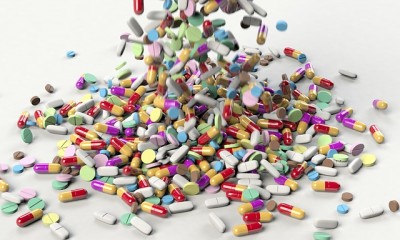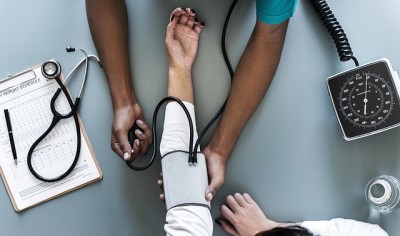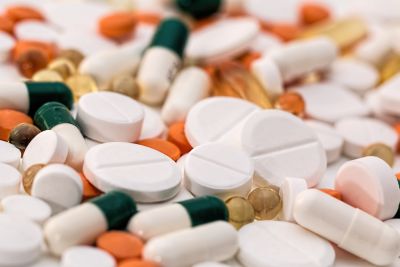Is There Such A Thing As Too Much Medical Care?

We like to think that the medical system is something that unfailingly caters to our needs, only providing services that will benefit us. But there’s increasing evidence that Americans are becoming “over-medicated” and worse.
The problem of “too much medical care” isn’t particularly new. It’s been well document since at least 2011 when a study by the VA Outcomes Group asked whether people were receiving too much medical treatment.
Medical treatment, the authors point out, isn’t without risk. Every drug and procedure comes with recovery time and side effects, for example, Letrozole treatment UK. It’s not merely a benefit. It’s not merely a benefit. There are costs to medical care too. Getting the balance right, they argue, is vital, to align treatment in the best interest of the patient.
The results of the study weren’t just the opinion of those closely related to spouses or carers. Sixty-two percent of physicians said that financial incentives encourage “aggressive practice.”
Physicians were much more likely to hand out unnecessary drugs because of the need for the companies behind them to generate revenues.

The Problem Of Overdiagnosis
But it’s not just surgeries and drug treatments that are excessive: it’s diagnostic services too. The conventional wisdom in the medical establishment is that people should get as many tests as possible to identify diseases in their early stages. The logic is that if you can catch a disease early on, then it’s much less likely to progress to become something severe in the future.
It sounds like a good idea, but as experienced personal injury attorneys will attest, it can bring significant problems. Take false positives, for example. While good, today’s diagnostic tools are not perfect. Both the equipment and the professionals who use it can often make mistakes. The consequence of these errors are unnecessary treatment and exposing patients to procedures without any medical basis.
What’s more, the diagnostic tools themselves can be dangerous. A biopsy, for instance, brings with it the risk of infection and tissue damage. X-rays and other scans blast the body with ionizing radiation, damaging cells. And pushing cameras up people’s bottoms is downright unpleasant.
There’s a further issue to consider here too. Even if the diagnosis is correct and the patient does appear to have a tumor, let’s say, there’s no guarantee that it will lead to disease.
Most people have cancerous cells in their bodies, but comparatively few go on to develop cancer as a life-threatening disease. In most cases, the illness is benign and won’t affect a patient’s quality of life in any way.
Again, you can see how overdiagnosis could create a problem here. You could have a situation in which millions of people get treatment for conditions that appear real at the diagnosis stage but won’t go on to have any adverse effects.

What’s The Alternative?
There’s a growing movement of people who now feel that there’s something fundamentally wrong with the current approach to diagnosis. It’s too trigger-happy with treatment, providing care to patients when there’s really no need.
The alternative, however, isn’t particularly appealing either. Avoiding the medical system entirely for fear of over-diagnosis means that you could miss catching a disease early on. What’s the solution?
At the moment, the options aren’t clear for patients. Most aren’t in a position to know whether they should seek medical attention or not. The solutions are most likely to come from within the medical system itself.
Currently, there are a large number of doctors who are aware of the problems but aren’t able to do anything about it just yet. Their numbers aren’t large enough to influence overall policy. However, things are changing fast. Most physicians feel uncomfortable over-prescribing medication and don’t want their patients to suffer unnecessarily.
The current financial incentives are set up so that over-diagnosis is beneficial for doctors. The more people that they can provide medical care to, the more money they can receive for their services. Medical care is expensive because there are few checks on how much patients can spend through their insurers.
A different system is needed to bring costs down, but that would require the approval of politicians, which is difficult to get in the current political environment.
The best way for patients to adjust to the current situation is to know about it and discuss it with their doctor. If your physician recommends a battery of tests, it’s your prerogative to push back and question why.
If you’re not experiencing pain in your kidneys, there’s no need to scan for issues. Likewise, if you lead a healthy lifestyle, there’s no need for regular screening year-round to detect possible tumors.
So what are your thoughts, is thier such thing as to much medical care?






